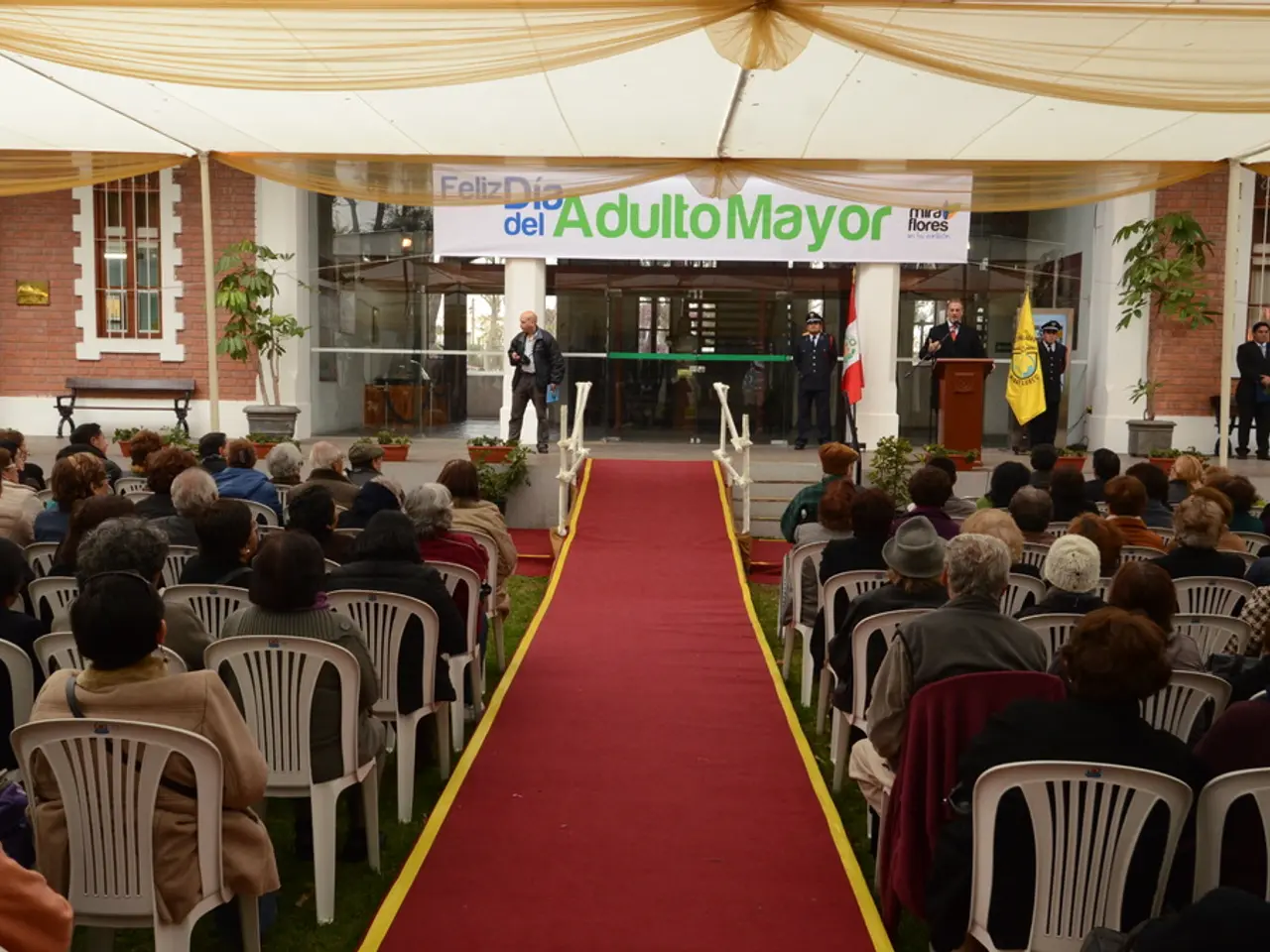Twenty states challenge FEMA for withdrawing a grant scheme designed to mitigate the impacts of natural calamities.
In a significant move, a coalition of 20 Democratic-led states has filed a lawsuit against the Federal Emergency Management Agency (FEMA) over the elimination of the Building Resilient Infrastructure and Communities (BRIC) program. The lawsuit, filed in the U.S. District Court for the District of Massachusetts, alleges that the Trump administration's decision to terminate the BRIC program was unlawful and contrary to Congress's approval of funding for natural disaster mitigation efforts[1][2][5].
The BRIC program, which has provided nearly $4.5 billion in funding for disaster mitigation projects over the past four years, was allegedly shut down by an acting FEMA administrator without legal authority[1][4]. The states argue that this action violates core separation of powers principles and seek to restore the program[1][5].
The lawsuit is ongoing, with no resolution yet reported. The states are requesting the court to compel FEMA to reverse the termination of the BRIC program to allow communities to continue funding projects that mitigate natural disaster risks[2][5].
The elimination of the BRIC program has already had tangible impacts. In rural Mount Pleasant, North Carolina, over $4 million from the BRIC program was intended for stormwater drainage improvements and safeguarding a vulnerable electric system, but was lost due to the program's termination[3]. Elsewhere, remnants of Tropical Storm Chantal damaged a wastewater pumping station in Hillsborough, North Carolina, which had been awarded nearly $7 million for relocation and improvements through the BRIC program[6].
The lawsuit also claims that communities in every state have benefited from federal disaster mitigation grants, saving lives, sparing homes, businesses, hospitals, and schools from costly damage[7]. In Mount Pleasant, downtown property owners are questioning what to do, as engineering plans are ready but lack the necessary funding due to the program's termination[3].
Despite community support for Trump in Mount Pleasant, the lost funding has caused concern and uncertainty[8]. The suit alleges that the Trump administration violated the constitutional separation of powers by terminating the Building Resilient Infrastructure and Communities program without Congressional authorization[1].
The BRIC program provided grants for disaster mitigation efforts such as levees, safe rooms, vegetation management, and seismic retrofitting[9]. The program received a $1 billion boost from an infrastructure law signed by former President Joe Biden[10].
As of the latest information, FEMA has not responded to a request for comment regarding the lawsuit[1]. The states involved in the lawsuit include California, New York, and Washington, among others[1]. The lawsuit underscores the importance of federal funding for disaster mitigation efforts and the potential consequences of sudden funding cuts.
- The states' lawsuit against FEMA over the termination of the BRIC program, which provides funding for environmental-science projects like levees and seismic retrofitting, highlights the significance of policy-and-legislation in addressing climate-change and ensuring community safety.
- The elimination of the BRIC program, a critical source of funding for natural disaster mitigation efforts, has already led to the loss of funding for projects in general-news like stormwater drainage improvements and wastewater pumping station upgrades, causing concern and uncertainty.
- The ongoing lawsuit, which alleges unlawful termination of the BRIC program and violations of separation of powers principles, emphasizes the importance of maintaining science-based policy-and-legislation in addressing challenges like climate-change and environmental-science issues, particularly in the face of potential disaster risks.








